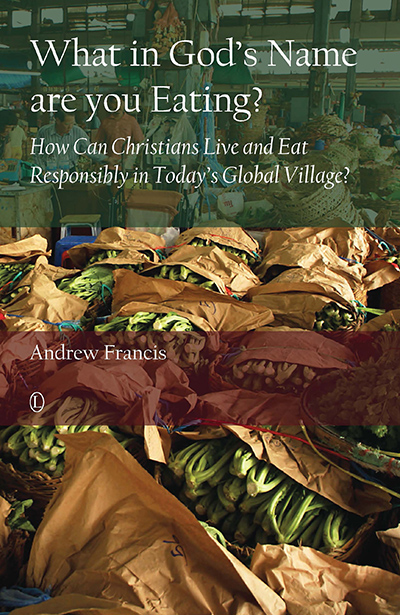Description
Julian of Norwich’s Revelations of Divine Love grapples with the same fundamental question that has vexed philosophers and theologians since the advent of monotheistic religion, and continues as a barrier to belief for many today. Namely, if God is so good, how can natural disaster, genocide, trauma – and my present suffering – occur? Historically, there have been two apparently very different approaches to the problem: the pastoral, or practical, on the one hand and the systematic on the other.
However, Richard Norton suggests that these two lines of thought may not be as separate as they seem, and may indeed be dependent on one another for their cohesion. Drawing on Julian’s medieval experience of personal and population-wide suffering, alongside that of more recent theologians such as Dorothy Solle and Jürgen Moltmann. In Julian of Norwich and the Problem of Evil, Norton constructs a compassionate model of theodicy that can be of use to both pastoral and systematic theologians. Throughout, he remains sensitive to the raw atrocity of evil, while preserving a vision of God as the one who ensures that all shall be well.
About the Author
Richard Norton is an independent theologian who has taught systematic theology and Church history in a variety of settings around the world. He is a member of the International Society for the Study of Mysticism, the American Academy of Religion, the Medieval Academy of America and the Royal Society of Arts. He is a Companion of Julian of Norwich and has written widely on her theology, ethics and Christology.
Contents
Preface
Introduction
1. Why the Problem of Evil is a Problem
Possible Replies to the Epicurean Trilemma
Additional Difficulties for Theodicy
2. Pastoral versus Theoretical Theodicy
Critiques of Theoretical Approaches to the
Problem of Evil
Contemporary Distinctions and Debates
Pastoral Responses to Suffering
Conclusions
3. Key Issues in Modern Theodicy
The Problem of Abandoning Traditional
Theoretical Theodicy
Towards a Defence of Traditional Theoretical
Theodicy
Does God Suffer?
God’s Compassion
Destructive Suffering and Some Responses
Conclusions
4. Julian of Norwich and the Problem of Evil
Sin and Human Nature
Human Bodies, Suffering and Evil
The Motherhood of God in Christ
Compassion
Conclusions
5. God, Suffering and Eschatology in Julian of Norwich
Julian and Affliction
Julian’s Eschatology
Towards a Julian Theodicy
Conclusion
Bibliography
Julian of Norwich: Editions of Revelations of Divine Love
Julian of Norwich and Theodicy
Julian of Norwich: Books, Articles and Other Writings
Contemporary Debates on the Problem of Evil
Index
Endorsements and Reviews
With persuasive argument, Richard Norton presents the heated debate between theoretical and pastoral theodicy and argues for a more integral approach to the problems of evil, sin and suffering, based on the theology of divine mercy and unconditional love in the Revelations of Julian of Norwich. A most compelling contribution! Veronica Mary Rolf, Author of Julian’s Gospel and An Explorer’s Guide to Julian of Norwich
Norton is among Julian scholars who argue that Julian’s use of the trope of Motherhood in God is much more than a reflection of feminine experience; he argues it is not only an integral part of her theology but particularly of her theodicy; that she uses this metaphor deliberately to emphasize the divine compassion in relation to evil; and “Christ’s passion is the supreme manifestation of divine love” because it demonstrates “overwhelming compassion for all victims,” especially in regard to the lack of anger in God.The Order of Julian of Norwich, White Lake WI, USA, from their newsletter, February, 2024
For Norton, Julian’s theodicy, which arises from the images and interpretation of her revelation of divine love, seems to crack his modern concern with the various approaches to the problem of evil and the goodness of God set out in the first half of the book. Yet this is a stimulating read for both the Julian scholar and the modern theologian. Emma Pennington, Canterbury Cathedral In Theology, Volume 127, Issue 2, March, 2024






